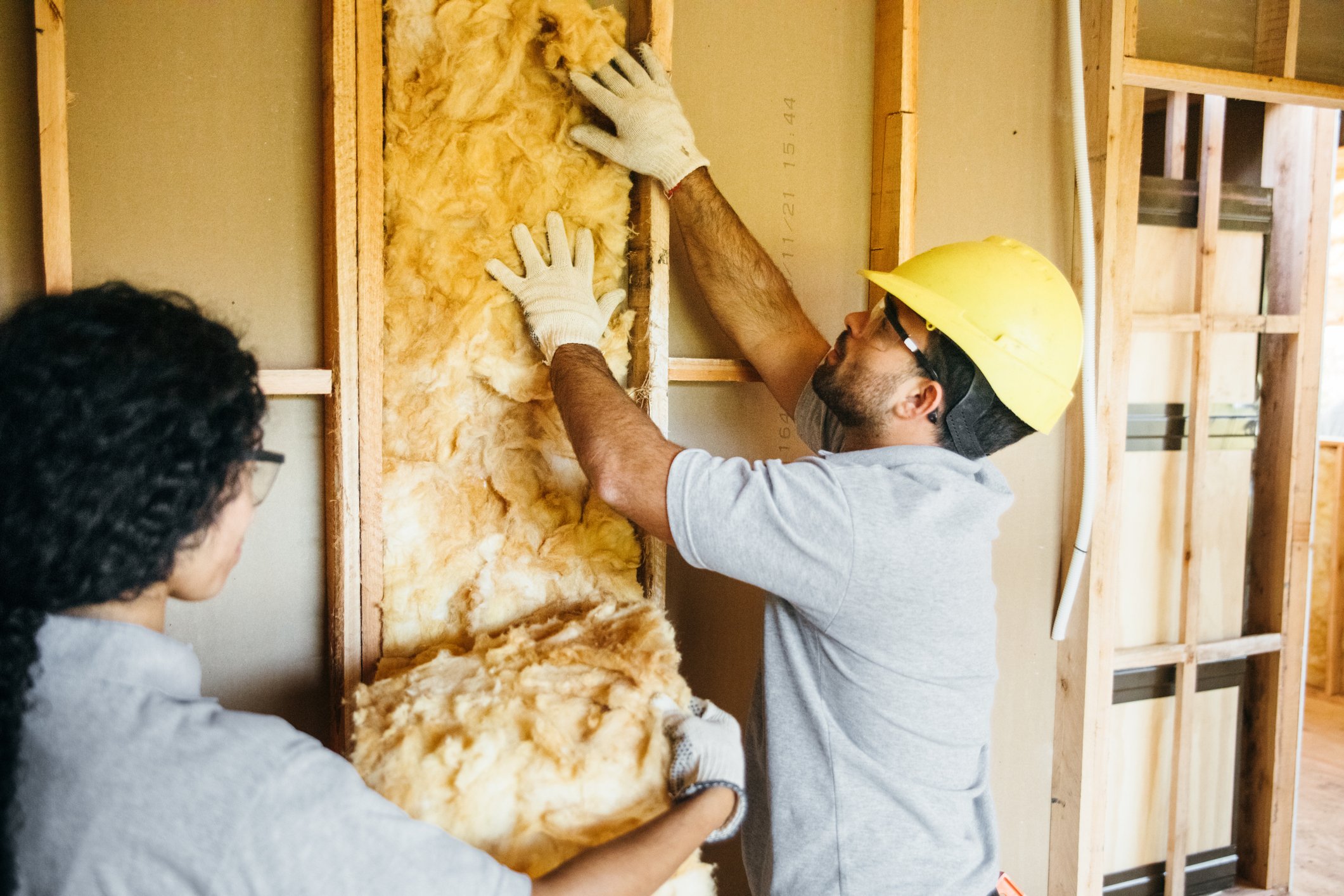How Does Insulation Save Energy?
Insulation saves energy by containing it within the rooms of your home, stopping heat or cool air from being conducted out. Insulation can also save a UK homeowner or resident hundreds of pounds a year. Be it loft insulation or cavity wall insulation, each form offers a varying amount of savings. Which? magazine currently calculates that loft insulation can save you up to £315 per year (as of March 2024).
If you own a home in the UK, you are probably aware of the cost of energy. Many homes in the UK are not properly insulated. By creating a barrier against heat loss, insulation keeps your home warm in the winter and cool in the summer, reducing the need for heating and cooling, and therefore the bills that come with those actions. In addition to saving you money, insulation has a number of other benefits.
Here we take a look at how insulation saves energy and other things:
How does insulation work?
Insulation works by slowing the conductive heat flow leaving or entering your home. In other words it stops heat from escaping through the roof or walls or floor. Heat often escapes through materials or air, so if you have a cavity wall where a pocket of air exists then heat can be lost through the gap. Insulation works by filling this space with a material that stops energy being transmitted in and out of the building, meaning you keep the warm or cool air in the building.
Reduced carbon emissions
If you use less energy to ensure your home maintains the correct temperature, the amount of emissions produced in heating and cooling your home is reduced too. This is because there is less energy used by your home from the grid that supplies all UK properties, or if you have your own gas supply, then you’ll burn less gas to generate heat.
Increased Comfort
Proper insulation can significantly increase the comfort of your home. By ensuring that your home is well insulated, you'll be able to maintain a more consistent indoor temperature, and you won't have to worry about drafts or cold spots. This means that your family will be able to enjoy a warm and cosy home in the winter and a cool and comfortable one in the summer.
Improved Indoor Air Quality
By keeping your home's temperature consistent, insulation can also improve your indoor air quality. This is because insulation reduces the amount of air that flows into and out of your home, which in turn reduces the entry of outdoor pollutants and allergens. This can be particularly helpful for families with allergies or respiratory issues.
Reduced Energy Consumption
Perhaps the most significant benefit of insulation is the reduction in energy consumption. By keeping your home at a consistent temperature, insulation can reduce the amount of energy required to heat or cool your home. This translates into lower energy bills and a lower carbon footprint. And the best part? Once you install insulation, you'll continue to reap the benefits for years to come.
Increased Home Value
Finally, insulation can also increase the value of your home. A well-insulated home is more attractive to potential buyers, as they'll be aware of the financial and environmental benefits of a properly insulated property. In today's climate-conscious world, buyers are increasingly looking for energy-efficient homes.
If you're looking to save money on your energy bills, improve your home's comfort, and reduce your carbon footprint, then insulation is an ideal solution. Speak to a professional insulation installer to see how you can benefit from proper insulation. It's a small investment that can yield significant returns for years to come.
At Beams, we take every opportunity to make your home more energy efficient. You’ll receive a free home energy assessment with your renovation. Our designs minimise environmental impact so that your renovation is green, whatever colour you choose.



